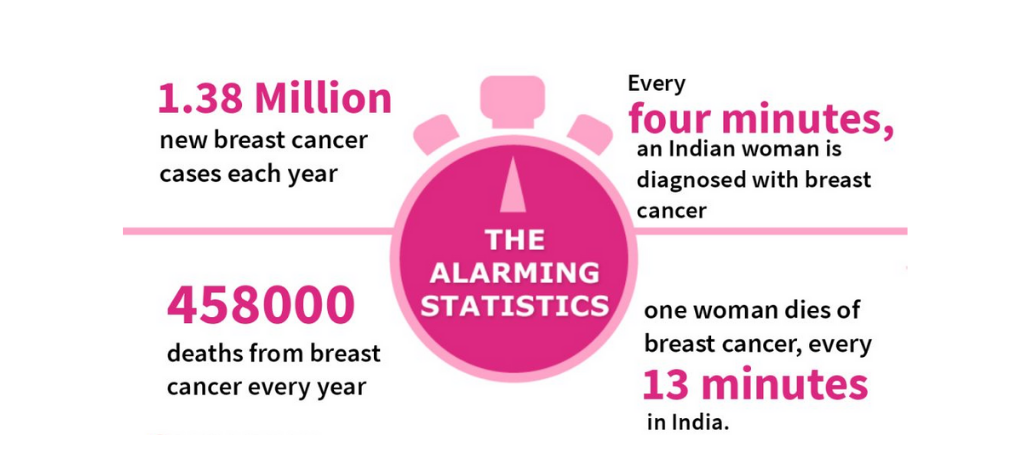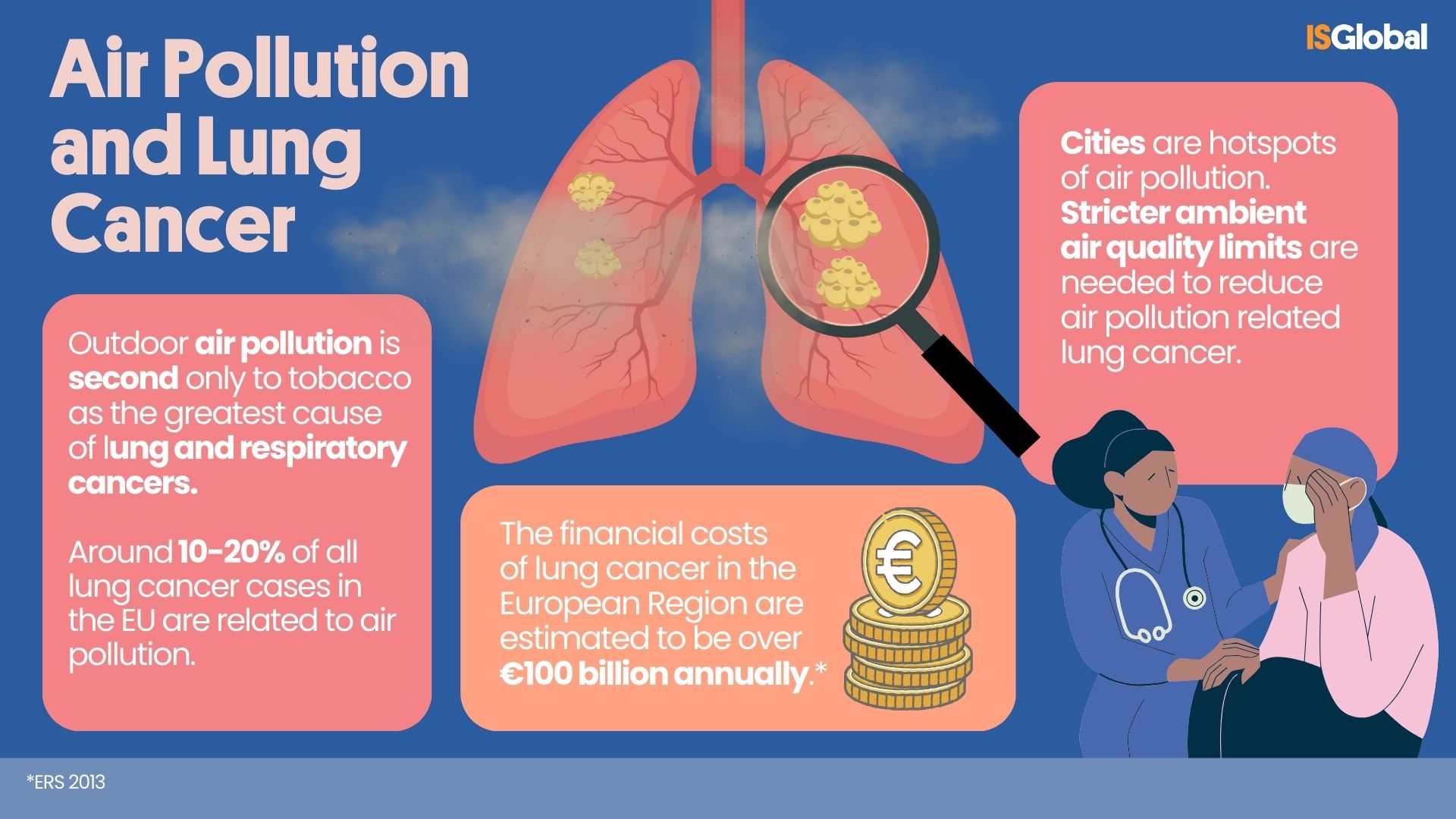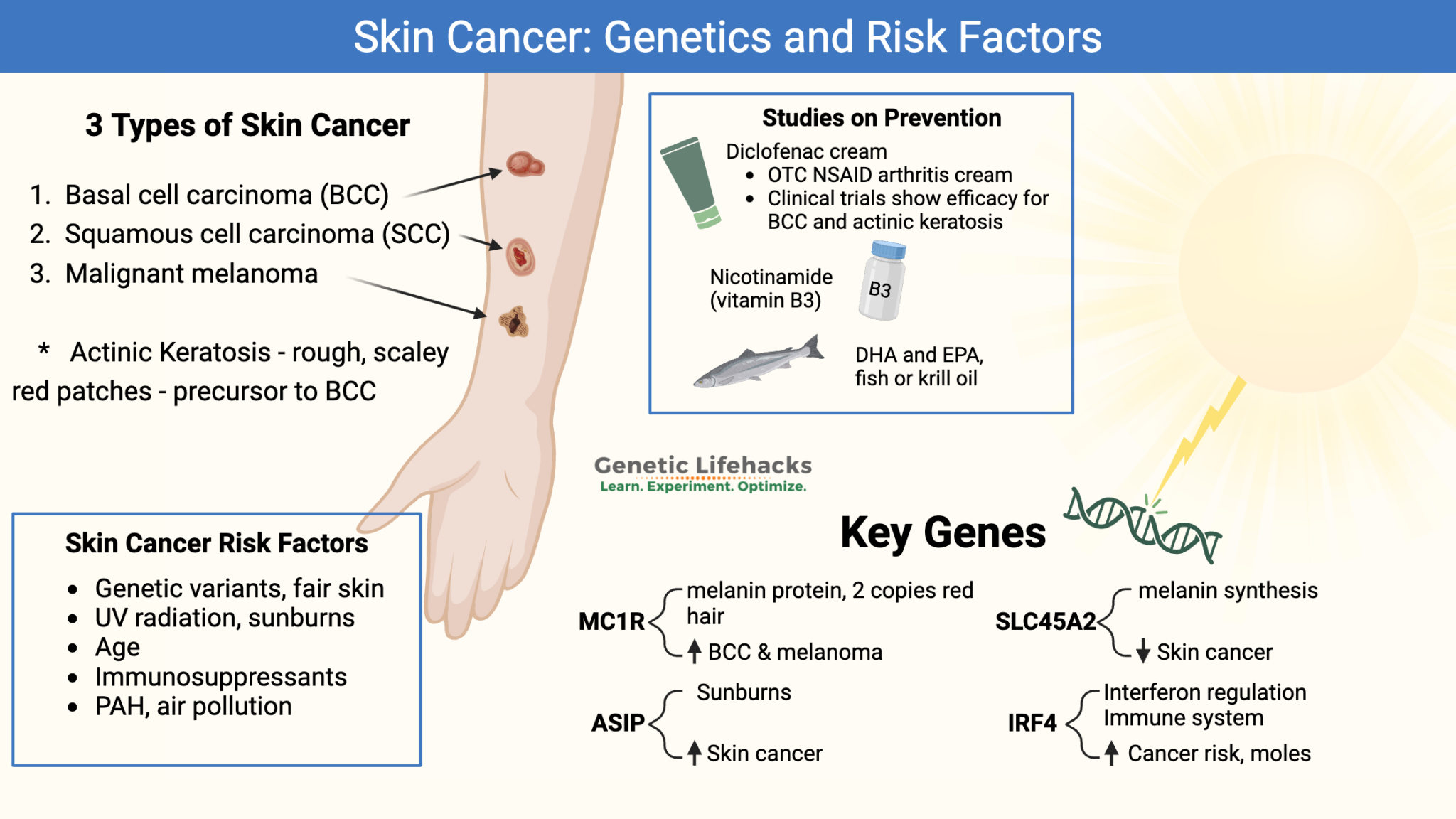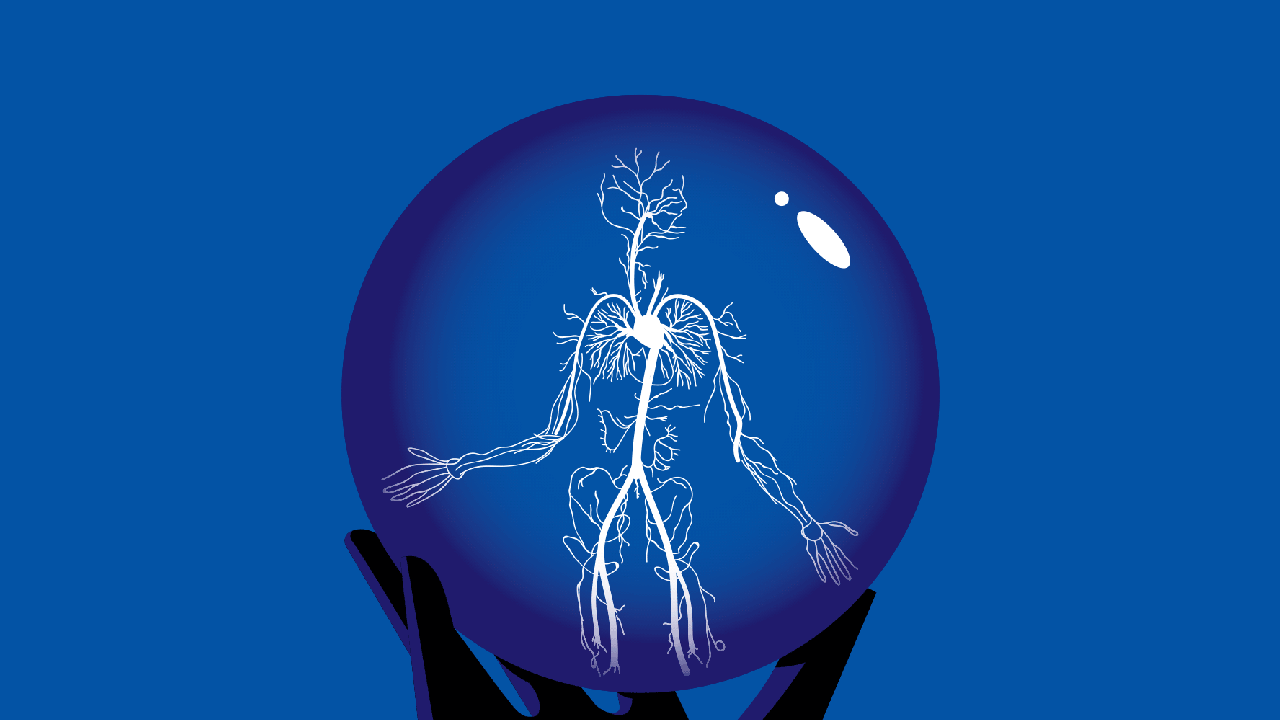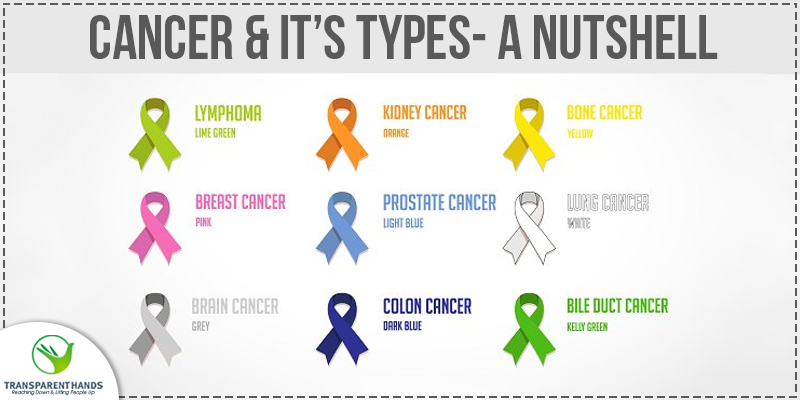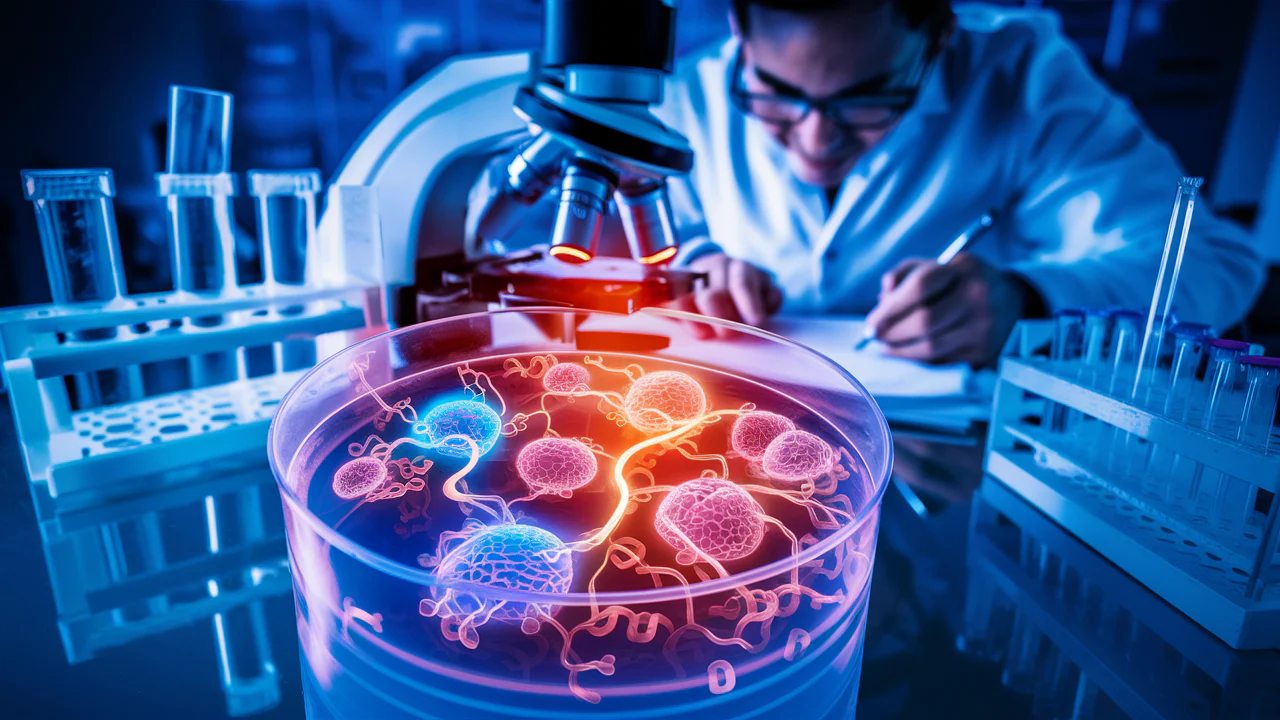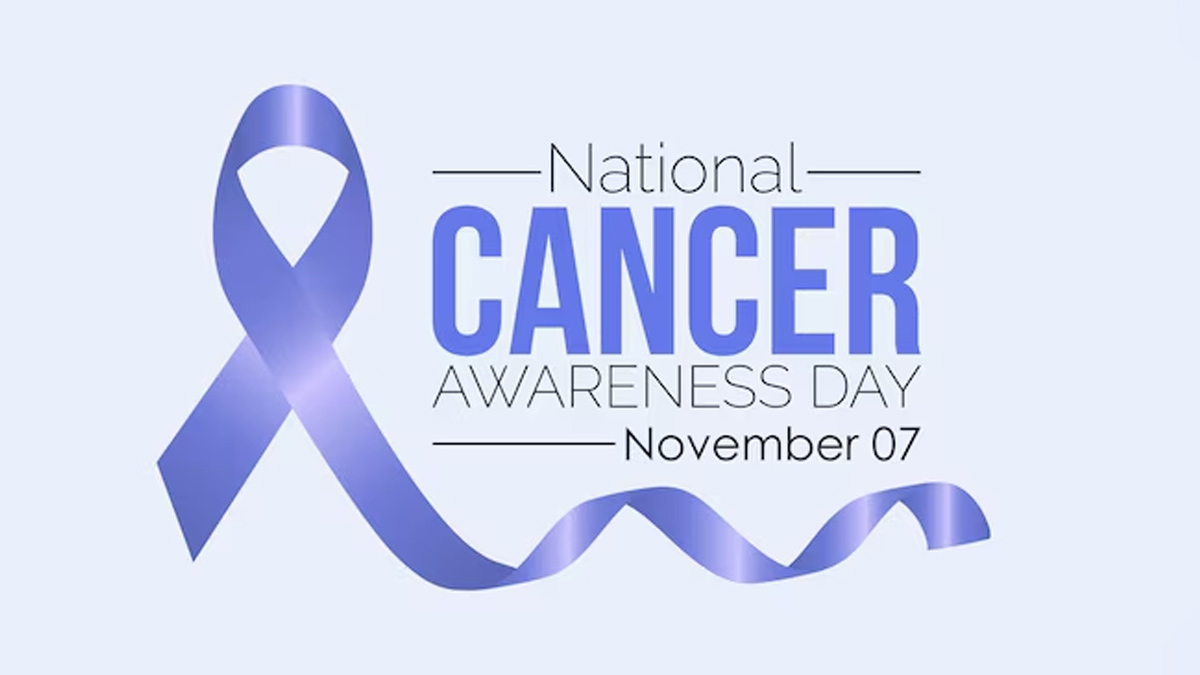
The United Indian

Cancer, once considered a disease primarily affecting the elderly, is now increasingly striking young Indians. It is frightening to know how The 4th edition of Apollo Hospitals’ Health of Nation Report, released on 7th April - World Health Day 2024, dubbed India as the "cancer capital of the world". With approx 14,61,427 cancer cases reported in 2022, this shift in demographics has raised alarming concerns and ignited discussions among healthcare professionals and researchers alike about the underlying causes and potential solutions. With cases rising dramatically, it’s crucial to unmask the factors contributing to this rise, the most common cancers types affecting young people & discuss preventive measures and early detection strategies.
Understanding the Statistics: The Growing Burden of Cancer Among Young Indians
According to recent data from the Indian Council of Medical Research (ICMR), cancer prevalence in India saw a huge increase among individuals below the age of 40. Types of cancers that are more common in older adults, such as breast, colorectal, and lung cancer, are now appearing in younger populations. The National Cancer Registry Programme estimates that there will be around 1.57 million cancer cases in India by 2025, a significant portion of which will affect younger individuals.
This rise is attributed to multiple factors, including lifestyle changes, environmental issues, and genetic predispositions, all of which play a role in increasing the risk among younger Indians.
1. Lifestyle Changes: The Invisible Trigger
Modern lifestyles have drastically changed in recent years, particularly in urban areas, where unhealthy habits are becoming more prevalent. These lifestyle factors, often underestimated, contribute significantly to the rising cancer rates among young Indians. In addition, postponing parenthood and using reproductive technologies more frequently may be factors in the rising incidence of several diseases, including ovarian and breast cancer.
- Unhealthy Diets: Fast food consumption has skyrocketed, leading to poor nutritional habits. These diets, often high in processed foods, sugar, and unhealthy fats, contribute to obesity—a known risk factor for several types of cancer, including breast, colorectal, and liver cancer. Foods like instant noodles, chips, sodas, and packaged snacks contain high levels of trans fats and artificial additives. These can lead to obesity, which increases the risk of various cancers, including colorectal, breast, and pancreatic cancers. Research by the American Institute for Cancer Research indicates that processed and red meats, commonly consumed in fast foods, can increase colorectal cancer risk by nearly 17% with regular consumption.
- Sedentary Lifestyle: With the rise of desk jobs and increased screen time, physical activity levels have plummeted. A sedentary lifestyle is linked to higher risks of cancers, particularly colon and breast cancers, due to metabolic changes associated with lack of physical activity. According to WHO guidelines, adults should engage in at least 150 minutes of moderate-intensity physical activity per week. However, recent surveys reveal that over 50% of young Indians do not meet this requirement, increasing their vulnerability to cancer and other chronic diseases.
- Substance Abuse: Smoking and alcohol consumption have also become more prevalent among young Indians. Smoking, even in small amounts, can dramatically increase the risk of lung, throat, and mouth cancers. Similarly, excessive alcohol consumption has been linked to liver, breast, and colorectal cancers. Also, India has one of the highest rates of tobacco consumption in the world, whether in the form of cigarettes, bidis, or smokeless tobacco such as gutkha and paan. It’s a proven fact that regular tobacco use is the primary cause of various cancers such as oral, throat, lung, and esophageal cancers.
- Stress and Sleep Deprivation: High stress levels, often related to career pressures, academic challenges, and urban living, can weaken the immune system, making individuals more susceptible to diseases, including cancer. Chronic stress disrupts hormonal balance and elevates cortisol levels, which can damage cellular function over time. Lack of sleep also contributes to cancer risk by impairing the body's ability to repair DNA and cellular damage.
2. Environmental Factors: A Silent, Pervasive Influence
India’s rapid industrialization and urbanization have come at a cost to public health. Environmental factors, although often out of individual control, play a significant role in the rising cancer rates.
- Air Pollution: India ranks among the most polluted countries globally. Cities like Delhi, Mumbai, and Kolkata frequently report air quality levels that are hazardous to health. Prolonged exposure to polluted air can lead to respiratory illnesses, including lung cancer. Studies have found that the fine particles in polluted air can penetrate deep into the lungs, triggering cellular changes that may eventually lead to cancer.
- Water Contamination: Unsafe drinking water, contaminated by heavy metals like arsenic, chromium, and lead, is another critical factor. Prolonged exposure to these toxic substances can lead to cancers, particularly of the liver, bladder, and skin. Many rural and semi-urban areas lack access to safe drinking water, putting residents at higher risk.
- Pesticide Exposure: India is one of the largest consumers of pesticides worldwide. Exposure to these chemicals & microplastics, especially in agricultural areas, has been linked to various cancers, including blood and lymphatic cancers. Young Indians working in agricultural sectors are particularly vulnerable.
3. Genetic and Hereditary Factors: When Genes Go Awry
Genetic predispositions also play a role in cancer among young individuals. Some cancers, such as breast and colorectal cancer, can be linked to inherited mutations. In recent years, genetic testing has revealed that many young Indians possess mutations in genes like BRCA1 and BRCA2, which significantly increase the risk of developing breast and ovarian cancers. Those with a family history of cancer are at higher risk, which makes early screening crucial.
The Role of Mental Health and Stress: An Often Overlooked Factor
Modern life brings not only physical health challenges but also mental health stressors that contribute to cancer risk. Chronic stress and poor mental health can weaken the immune system, making the body more vulnerable to diseases, including cancer.
- Stress and Cortisol Levels: Chronic stress elevates cortisol levels, which can have a negative impact on immune function. While the relationship between stress and cancer is complex, some studies suggest that stress can lead to cellular changes that increase cancer risk.
- Lack of Mental Health Support: Many young Indians face high levels of academic, financial, and social pressure. With limited access to mental health resources, young individuals may adopt unhealthy coping mechanisms, like smoking or alcohol, which indirectly increase cancer risk.
Common Cancers Affecting Young Indians
While cancer can affect any organ or tissue in the body, some types are more prevalent among young Indians:
- Breast Cancer: Breast cancer is the most common cancer among Indian women, and its incidence is rising among younger women.
- Cervical Cancer: Cervical cancer is a significant health concern, particularly in rural areas where access to screening and treatment is limited.
- Oral Cancer: Oral cancer, primarily caused by tobacco use, is a major health problem in India.
- Lung Cancer: Lung cancer, primarily linked to smoking, is a leading cause of cancer deaths in India.
- Blood Cancers: Leukemias and lymphomas are common blood cancers that can affect young people.
Delayed Diagnosis: A Crucial Challenge
Cancer statistics in India show that one of the main challenges in India’s fight against cancer is delayed diagnosis. Many young people ignore early warning signs due to lack of knowledge. Furthermore, lack of access to regular screening programs contribute to late-stage diagnoses. The need for Early detection and timely treatment are crucial in improving the prognosis of cancer can not be overstated. Regular health check-ups, including cancer screenings, can help identify cancer at an early stage.
What Can Be Done? Preventive Steps to Curb the Cancer Epidemic
While the rising cancer rates are concerning, there are preventive measures that individuals and communities can adopt to reduce cancer risk:
- Awareness and Education: Increasing awareness about cancer and its early symptoms can encourage individuals to seek medical advice sooner. Educational campaigns in schools, colleges, and workplaces can make a significant difference.
- Healthy Lifestyle Choices: Simple lifestyle changes, like maintaining a balanced diet, exercising regularly, and avoiding tobacco and excessive alcohol, can significantly help control risk of cancer prevalence in India. Young people should be encouraged to prioritize their health through initiatives promoting physical activity and nutrition.
3. Environmental Action: Advocacy for cleaner air, water, and pesticide regulations can lead to long-term benefits for public health. Reducing pollution and contamination should be a national priority, and citizens can support initiatives promoting environmental sustainability.
4. Genetic Counseling and Testing: For those with a family history of cancer, genetic counseling can provide valuable insights into their risk factors. Genetic testing, though not widely accessible, can help young individuals make informed decisions about preventive care.
5. Regular Health Screenings: Regular check-ups and cancer screenings are essential. Initiatives like subsidized screening camps, mobile clinics, and awareness campaigns in rural and urban areas can improve early detection rates.
National Cancer Day 2024: A Day of Hope and Awareness
On National Cancer Day, an occasion observed annually in India, this is a significant day dedicated to raising awareness about cancer, its prevention, early detection, and treatment. This day provides an opportunity to educate the public about the risks, symptoms, and available treatment options.
In 2024, National Cancer Day was marked by various initiatives and campaigns across the country. Healthcare organizations, NGOs, and government bodies organized awareness programs, cancer screenings, and fundraising events. These activities aimed to reach out to people from all walks of life and emphasize the importance of early detection and timely treatment.
The focus of National Cancer Day 2024 was on empowering individuals to take charge of their health. It encouraged people to adopt healthy lifestyles, such as quitting smoking, limiting alcohol consumption, and eating a balanced diet. Additionally, the day highlighted the significance of regular health check-ups and early detection screenings. By promoting awareness and encouraging preventive measures, National Cancer Day 2024 played a vital role in the fight against cancer.
The Road Ahead: Facing Cancer with Awareness and Resilience
The rise in cases of cancer prevalence in India among youth is a wake-up call for both individuals and healthcare systems. While genetic factors play a role, lifestyle choices and environmental factors are significant contributors that we can control.
On this National Cancer Day, lets promise to be proactive by making informed choices about our diet, being physically active, and maintaining regular health check-ups. It's time to return to our traditional wisdom while adapting to modern life in a balanced way.
The battle against cancer in young Indians requires a multi-faceted approach - from individual lifestyle changes to systemic improvements in healthcare infrastructure & affordability. Only through collective action and awareness can we hope to reverse this troubling trend and create a healthier future for coming generations.
References
https://pib.gov.in/PressReleasePage.aspx?PRID=1943656
https://bigapollospectra.com/blog/why-are-cancer-cases-rising-in-india-how-to-tackle-them/
https://ncdirindia.org/display/wcd.aspx#:~:text=Burden%20of%20Cancer%20in%20India,cancer%20diagnosis%20during%20their%20lifetime
Read more in Social Cause
Jun 28, 2025
TUI Staff
May 30, 2025
TUI Staff

Stay Tuned with The United Indian!
Our news blog is dedicated to sharing valuable and pertinent content for Indian citizens. Our blog news covering a wide range of categories including technology, environment, government & economy ensures that you stay informed about the topics that matter most. Follow The United Indian to never miss out on the latest trending news in India.
©The United Indian 2024






